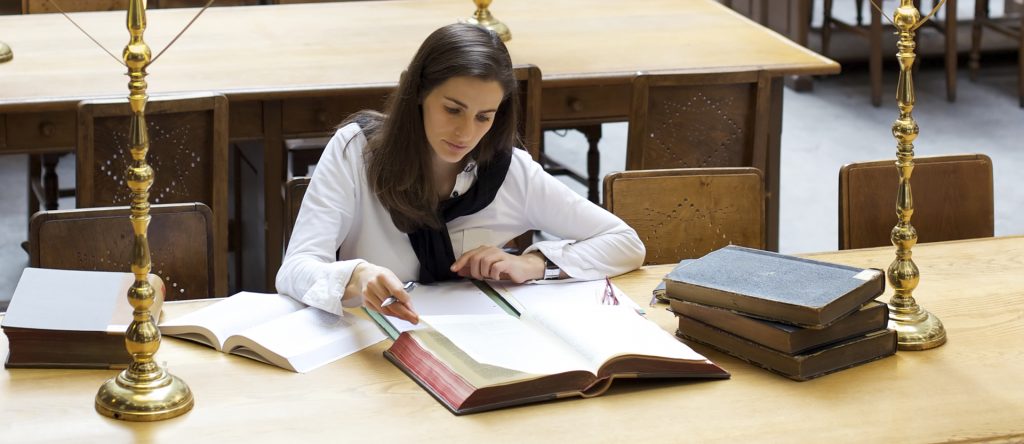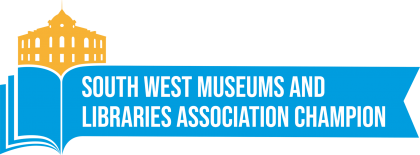
Traditionally, the library was merely a place that housed a collection of books that was available to the general public. Members of the library were able to borrow a certain number of books and then return them by a particular date.
The Modern Library
Today, however, since the dawn of electronic resources, the internet and a diversification of learning materials the library represents a much more multi-faceted concept. Nowadays libraries contain books, journals, DVDs, audio books, CDs, manuscripts and magazines, covering a wealth of topics like vasectomy reversal and football and even film facts.
In addition to these resources, according to Government guidelines, all libraries have computers with internet facilities, which open up a vast world of online resources, informational websites and spaces for discussion and interaction.
Continuous Learning
In terms of learning, the library offers the opportunity of continuous learning outside the formal structure of full-time education. Classes, exhibitions, talks and special events offer individuals the chance to pursue interests or simply learn about something they may have never heard of, in an informal setting.
These events can often be a chance to catch up with friends as well as a source of learning and development and are designed to be enjoyable rather than serious.
Community Outreach
In addition to providing resources for research or exploration, libraries now offer a diverse variety of classes, discussion sessions and talks aiming to include all groups of society and improve practical skills as well as community cohesion.
Despite being primarily focused on attracting people into the library, many libraries also try to reach out to the wider community, particularly to those who are unable to travel to the library itself, by means of mobile libraries or online borrowing schemes; this helps to involve the whole community and also ensures that everyone is catered for and can enjoy reading and learning.
The Framework for the Future programme launched in 2004 aims to improve skills in the community, particularly in those who do not use a library regularly as well as increasing staff skills and promoting the benefits of reading and learning.
By involving the whole community, people can learn about different cultures and traditions as well as different generations and can therefore use this knowledge to understand and appreciate other ethnic groups and ages; this increases social interaction between different social groups and builds a more harmonious community.
A Meeting Place
The modern library also acts as a place where people can gather to meet new people or discuss books they may have read or articles they have discovered for example; being able to get together with others is a valuable component of successful community life and can increase people’s confidence and self-esteem.
The Children’s story time, for example, not only offers an interactive learning experience for children but also encourages social interaction between the children but also between the adults who are accompanying them; this can be particularly beneficial for single parents who may struggle to meet new people due to the busy nature of their lives.
